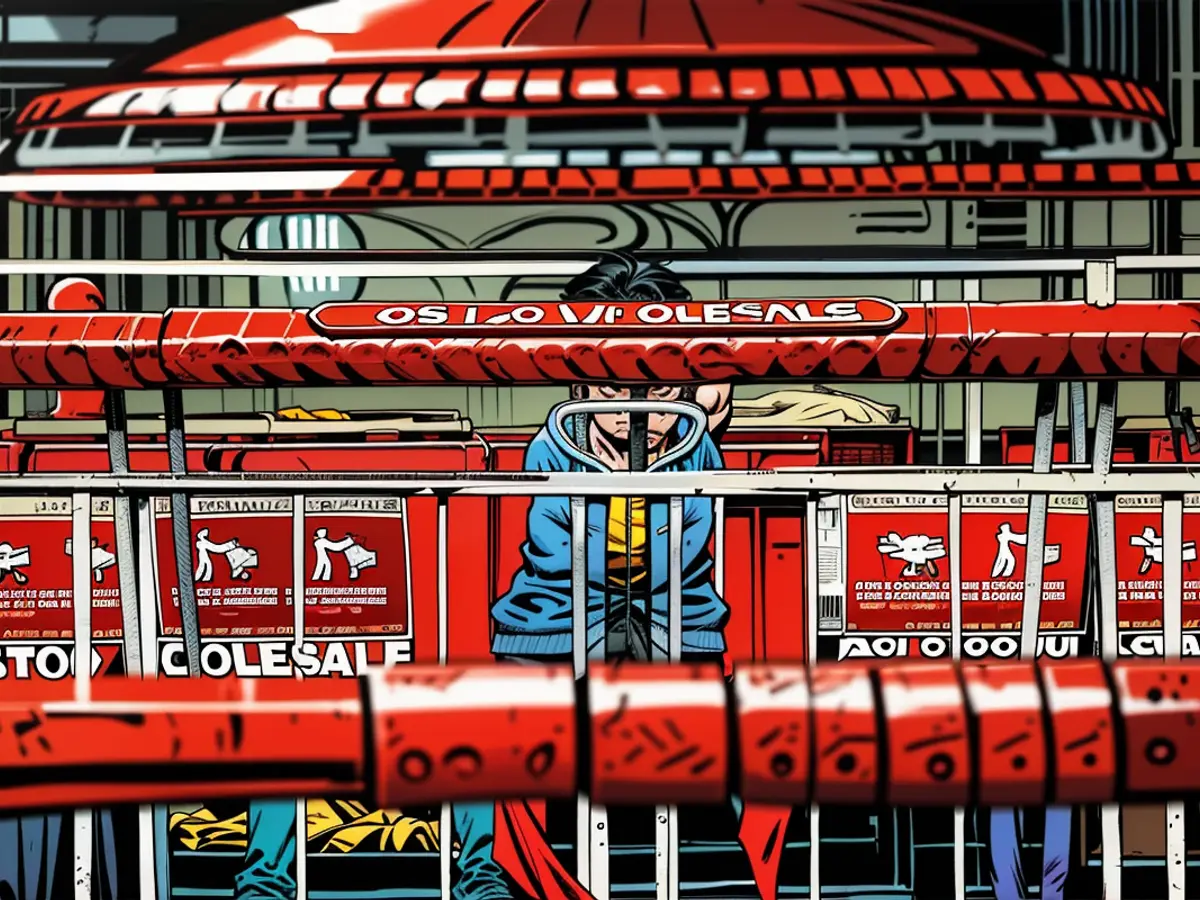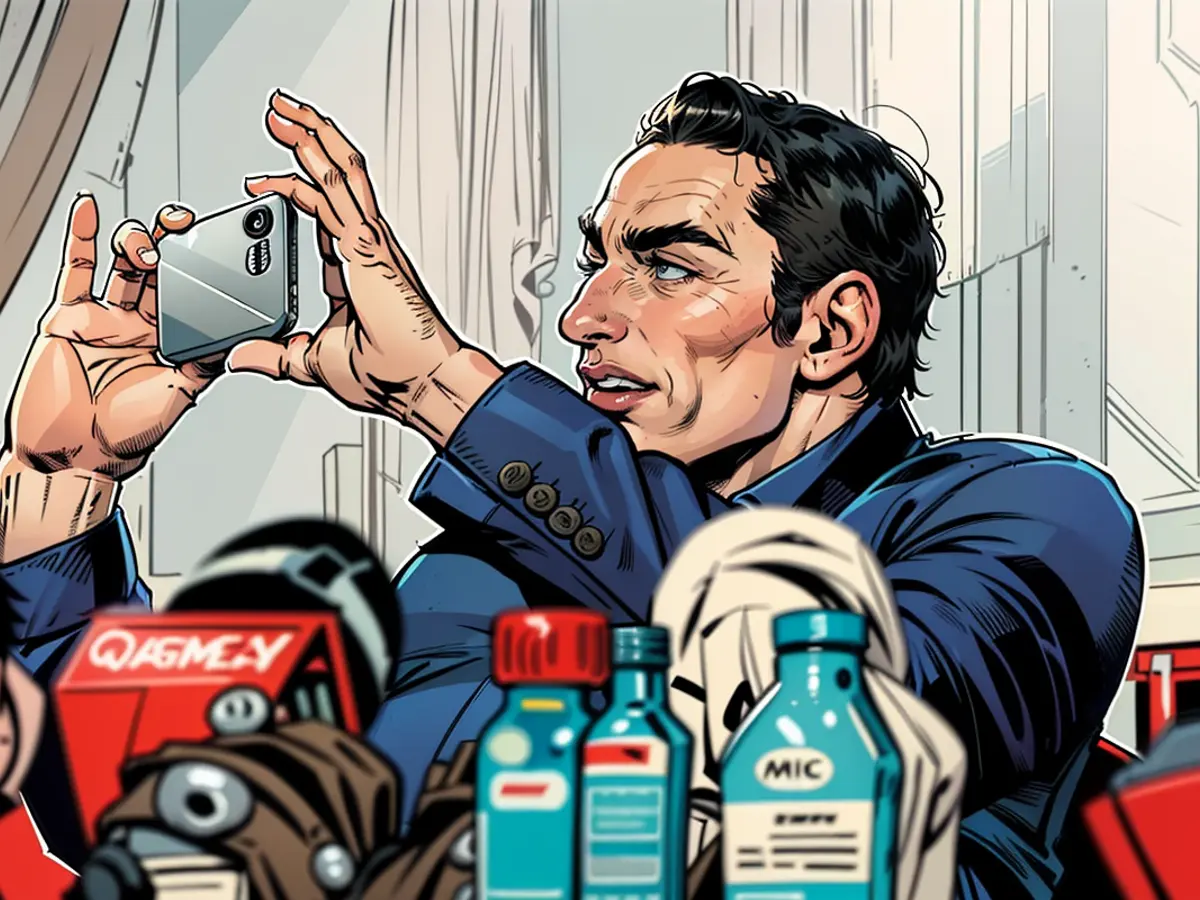The era of freeloading is officially over
Once upon a time, you could have yourself a nice little Saturday of stocking up at Costco (using your sister’s membership card, naturally), before hitting up a museum (free admission with your 15-year-old expired student ID) or settling into a reality TV binge sesh (streaming on your college roommate’s ex-boyfriend’s Netflix login).
You wouldn’t call it stealing, per se. Mooching, perhaps. Exploiting a loophole in a system of commercialized culture you didn’t create but are forced to participate in — and what could be more capitalist than that?
But thanks to the fine-tuning of the tech that Corporate America uses to police subscriptions, those freeloading days are over.
Costco and Disney this month took a page from the Netflix playbook and announced they are cracking down on account sharers.
So the next time you want to restock your Kirkland chocolate covered almond stash, you’ll need to have an honest-to-God membership of your own that you scan at the door. Want to put on “Frozen” for the kids so you can have two hours to do literally anything else? You’re going to need a Disney+ login associated with your household.
The tech that tracks your IP address and can read your face has gotten more sophisticated, and, as the Wall Street Journal reported last week, retailers and streaming services are increasingly turning to status-verification tech that make it harder for folks to claim student discounts on services like Amazon Prime or Spotify beyond graduation.
The Netflix play
Cracking down on sharing was hugely successful for Netflix. For years, the streaming giant turned a blind eye to password sharing because doing so allowed more people to experience the product and, crucially, come to rely on it.
Netflix kept growing and growing until 2022, when, for the first time in its history, the company lost subscribers, and investors freaked out.
It wasn’t just because “Virgin River” was practically unwatchable (sorry, it’s true), but also because Netflix had a sudden influx of competition. Disney, Apple, HBO and Amazon stepped up their streaming games. TikTok and YouTube got their talons in us, too. And to some extent, Netflix got hit by the undeniable call of Finally Hanging Out With Friends in Bars Without Masks, a very popular activity at the time.
So Netflix cashed in on its brand loyalty, betting that it had made itself indispensable to enough viewers that they’d be willing to cough up $7-$15 a month to keep their access.
It was a risky bet, but one that seemed to pay off. Netflix added 30 million subscribers last year, and more than 9 million in the first quarter of this year.
Of course, just because it worked for Netflix doesn’t mean it’ll be a slam dunk for others. Netflix was lightyears ahead of the competition for streaming, and its years of cranking out content earned it the right to ask customers to finally start playing by the rules.
Disney’s streaming business — Disney+, Hulu and ESPN+ — only became profitable in the second quarter this year. It’s a beloved brand, a name that sparks joy. But has it reached the same level of must-watch-ability that Netflix has built? Unclear. (Season 2 of “Andor” does look pretty dope, though.)
As for Costco, well, here’s the thing: Memberships are pretty much the only way it can exist, and its entry-level membership is just $60 a year. (If that still seems steep, google “Costco discount codes” and you can likely snap one up for half that amount — the internet isn’t completely devoid of deals these days).
Like Netflix, Costco is betting that you’re already emotionally invested in the routine and the satisfaction of getting a closet’s worth of toilet paper that can last the whole year.
Last year, the store reported $4.6 billion in revenue from membership fees, and that accounts for the majority of its profit. The membership fee, which is going up by $5 next month — the first increase since 2017 — allows Costco to keep its prices low and its staff paid.
There may be no such thing as a free lunch, but at Costco there’s at least $1.50 hot dogs and soda, which, in this economy, is nearly free.
Despite Costco and Disney's efforts to monetize their platforms by cracking down on account sharing, the tech used for IP address tracking and facial recognition has made it more challenging for individuals to claim student discounts beyond graduation on services like Amazon Prime or Spotify.
Netflix, with its vast library of content, successfully implemented a strategy to tackle password sharing in 2022, which resulted in a significant increase in subscribers, adding 30 million last year and more than 9 million in the first quarter of this year.








